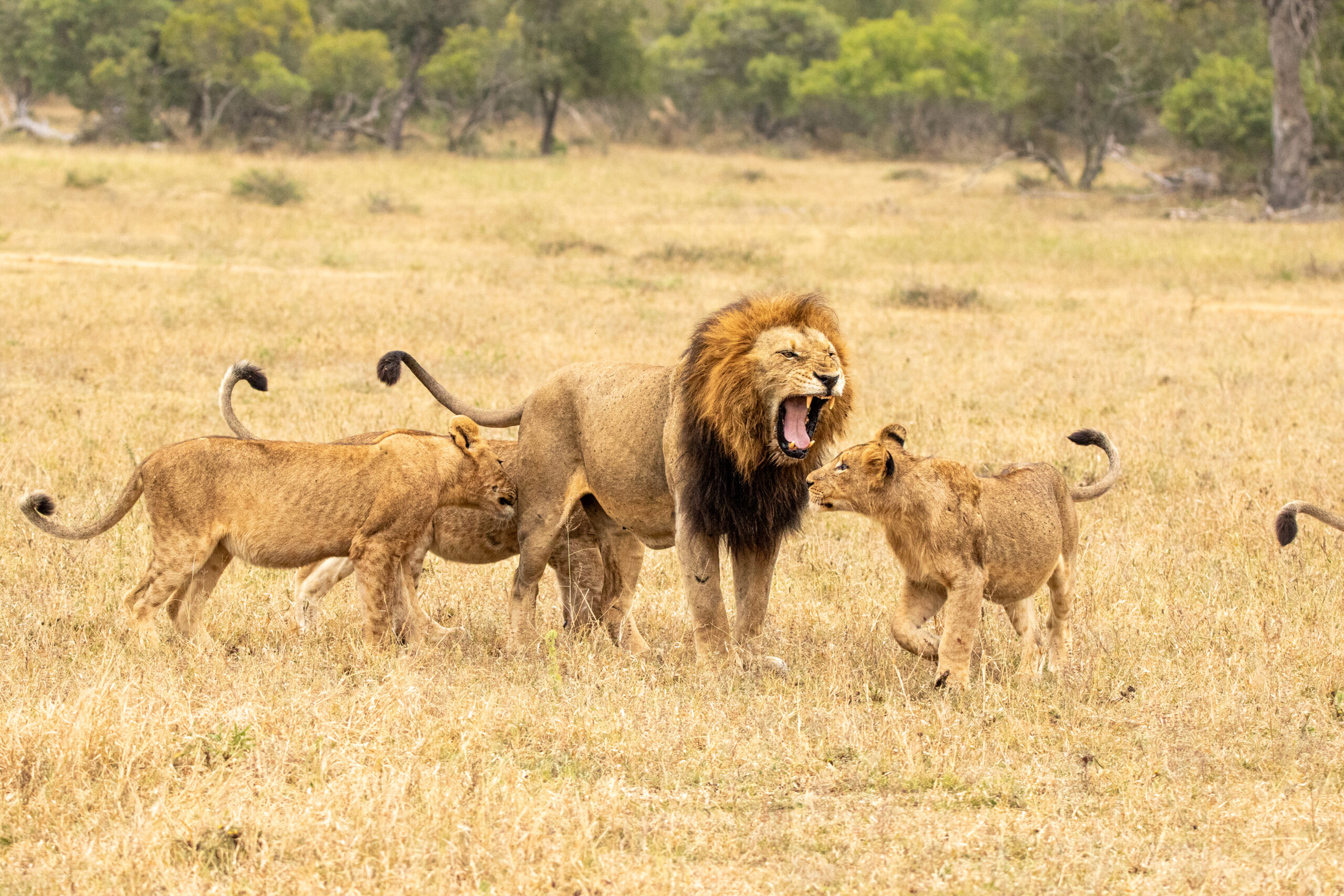International trophy hunting, often misunderstood, plays a vital role in global conservation and rural economic development. While the U.S. is the largest importer of trophies, this regulated practice targets a small portion of species populations, generating millions for habitat preservation, anti-poaching efforts and local communities in range states. Proponents argue that legal, sustainable hunting incentivizes the protection of large landscapes and wildlife, providing employment and resources to impoverished regions. Critics raise concerns over species decline and corruption, yet mismanagement is not an inherent flaw of hunting but of policy enforcement. International frameworks like CITES and the Endangered Species Act guide U.S. import regulation, ensuring ethical oversight. Congress has opportunities to enhance transparency and conservation impact through standardized permit evaluations, third-party certification and international collaboration. Rather than banning trophy hunting, smarter regulation can ensure it continues as a powerful conservation tool while benefiting both people and wildlife.

